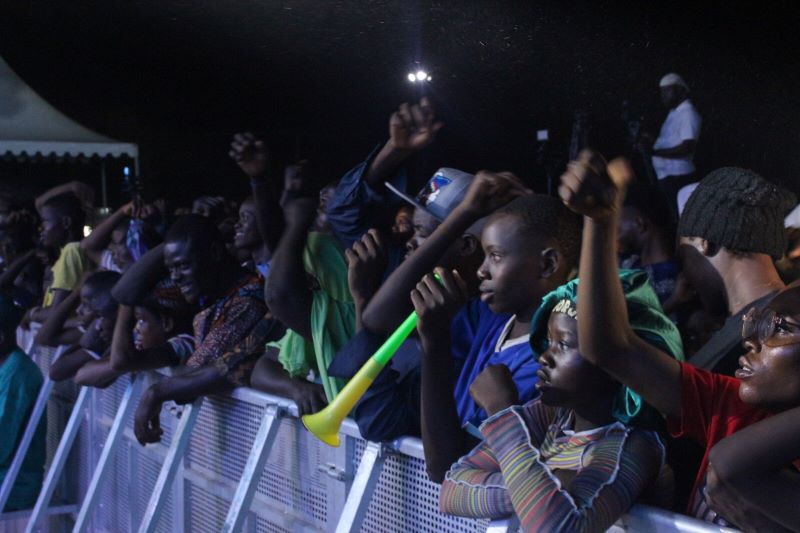
Image: Slave trade on Dutch and English ships. Source: Wikimedia Commons
On the occasion of the 150th anniversary of the Netherland’s abolition of slavery, King Willem-Alexander apologized for the country’s “involvement” in the slave trade.
Although slavery was officially abolished in the Netherlands in 1863, it didn’t really end until ten years later. The King explained that many enslaved people were forced to work on Dutch colony plantations for a decade longer to limit financial losses for the plantation owners.
King Willem-Alexander, who recently commissioned independent research into his family’s involvement in the enslavement of Africans, said Dutch ships transported more that 600,000 people from Africa and across the Atlantic and at least 75,000 of them did not survive the journey.

Image: King Willem-Alexander of the Netherlands. Source: Wikimedia Commons
According to a study published in June, the House of Orange-Nassau – the royal house of the Netherlands – netted about $600 million in today’s money from the enslavement of Africans between 1675 and 1770. The report also indicates that the King’s family received shares from the Dutch East India Company, a trading company founded in the Dutch republic in 1602 that served as a trading body for English merchants. It was specifically designed to participate in the East Indian spice trade while also being a major trader and enslaver of Africans.
While the Dutch King recently made his apology there has been no such action from the UK. In fact, UK Prime Minister Rishi Sunak has refused to apologize for the UK’s role in the slave trade or to commit to paying reparations. But, in April of this year, descendants of some of Britain’s wealthiest enslavers demanded that the government apologies for slavery but also institute a reparations process to recognize what they call, the “ongoing consequences of this crime against humanity.”

Dutch soldiers in a boat with slaves from the Colonies, Africa. Source: Public Domain
Slavery was abolished within the British Empire in 1833, thereby freeing more than 800,000 enslaved Africans. But, and this a super large BUT, as a part of the agreement the Bank of England administered a compensation package for the enslavers for what would equal approximately 25.6 million in American dollars.
And this year, following the coronation of King Charles III, there were renewed demands for a UK apology for slavery and reparations. A variety of groups released a statement urging the newly crowned monarch, “to acknowledge the horrific impacts on and legacy of genocide and colonization of the indigenous and enslaved peoples of Antigua and Barbuda, Aotearoa (New Zealand), Australia, The Bahamas, Belize, Canada, Grenada, Jamaica, Papua New Guinea, Saint Kitts and Nevis, Saint Lucia and Saint Vincent and the Grenadines. ”King Charles has described slavery as an “appalling atrocity and said that he is deepening his understanding of “slavery’s enduring impact.”
And, in the US, there has been no national apology for slavery and there has been no movement on H.R. 40 which would establish a commission to consider proposals for reparations for African American descendants of slavery.

Karen Warrington has had a decades long career as a broadcast journalist, communications professional, performing artist, and documentary filmmaker. She has traveled extensively throughout Africa, the Caribbean, Europe, and Asia. She is committed to being a voice for the African Diaspora.





